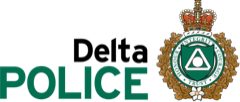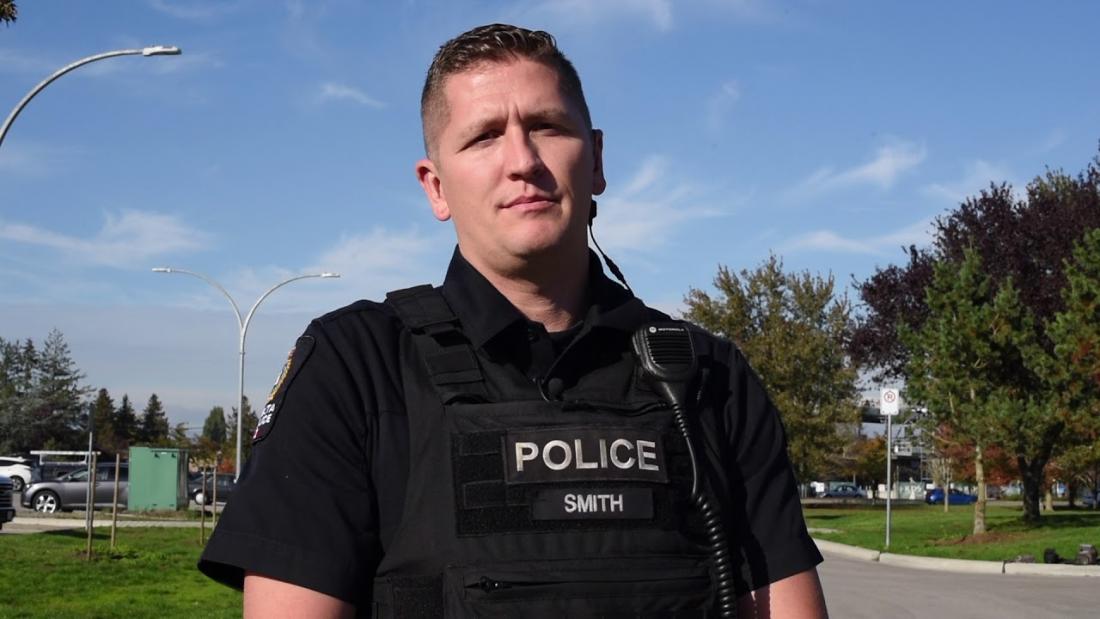
Impaired Driving
Impaired driving enforcement is a top priority for police in Delta.
- Every year in BC 67 people die in crashes involving impaired driving. More than half of impaired-related crashes (56 per cent) occur on the weekend (Friday to Sunday).
-
Impaired driving is something we take very seriously here in Delta. It was here in 2008 that 4-year-old Alexa Middelaer was killed by a drunk driver. Her parents then went onto tirelessly lobby for tougher impaired driving legislation, leading to BC's Immediate Roadside Prohibition program.
What happens if you are caught drinking and driving?
If you’re caught driving impaired, you could face these penalties:
- Driving suspensions from 24 hours to 90 days
- Vehicle impoundment from 12 hours to 30 days
- Fines, from $600 and up to $4,060
- Jail time and a criminal record
- Mandatory rehabilitation
- Installation of ignition interlock in your vehicle
Is it illegal to consume drugs, then drive?
Illicit and legal drugs (including prescription drugs) may effect your ability to drive. Combining drugs and alcohol can also greatly increase your risk of a crash.
If you are charged with impaired driving, by either drugs or alcohol or both, you'll face a variety of penalties that could include fines, Driver Risk Premium and Driver Penalty Points on your licence, having your driver's licence seized, or being prohibited from driving.
Check out our infographic on what you need to know before consuming pot, then driving.
What type of training do police officers receive to detect drug impaired drivers?
Delta Police have a large numbers of our operational police officers - those are the ones working in Traffic and in Patrol - who are trained to conduct Standard Field Sobriety Tests. This the mechanism we use right now to initially determine if a driving is impaired by drugs.
Standard Field Sobriety Test (SFST)
- An SFST will typically take approximately 5 to 10 minutes, and consists of 3 tests.
- First, an officer will conduct an eye exam to determine if the driver has involuntary jerking of the eyes, which is indicative of impairment.
- In the second test, the driver will walk a line, turn around, and walk back, with the officer assessing their ability to follow specific directions (given at the beginning) and maintain their balance.
- The last test requires a driver to stand with one foot raised in a particular manner and count aloud.
- The driver’s performance on these tests are reliably accurate in determining if their ability to drive is impaired or affected by drugs.
Consequences of the SFST
- The public can expect that trained officers will be looking for signs of drug use and impairment. If there is suspicion, the officer will conduct a Standard Field Sobriety Test.
- A poor performance on SFSTs will result in a 24-hour prohibition under section 215 of the Motor Vehicle Act, and possibly further investigation, which includes a drug influence evaluation and criminal charges.
- The driver can expect to lose their vehicle to an impound lot for 24 hours, and will be required to surrender their driver’s license for that time too.
- A refusal to perform a SFST may result in a Criminal Code charge for Refusal.
- If a person is pulled over and is clearly and significantly impaired by drugs (unable stand without support, slurring, poor balance, and other overt symptoms of impairment), officers will not use SFSTs, as they have already developed the reasonable and probable grounds that the driver is impaired.

